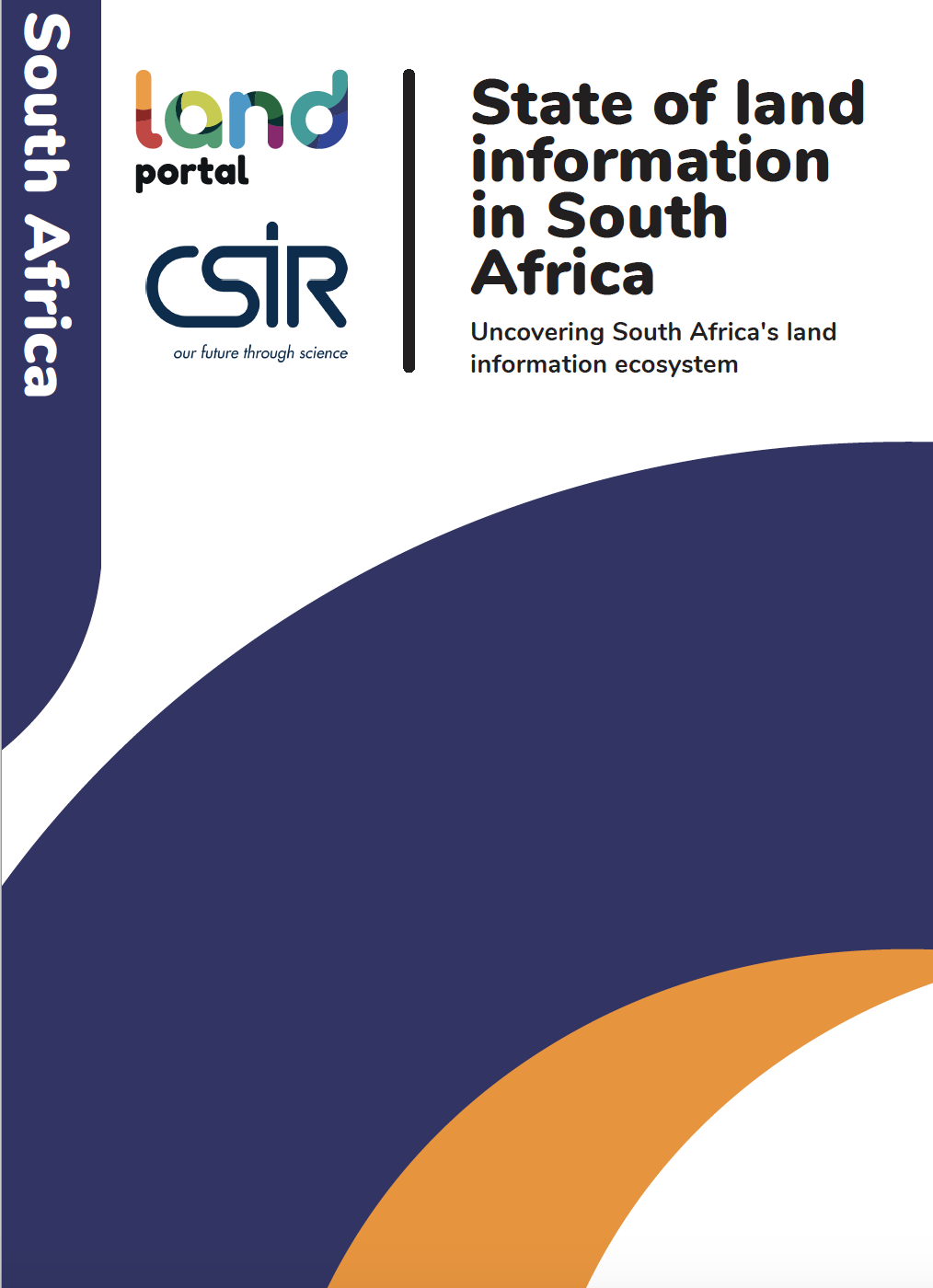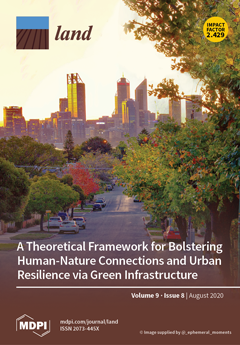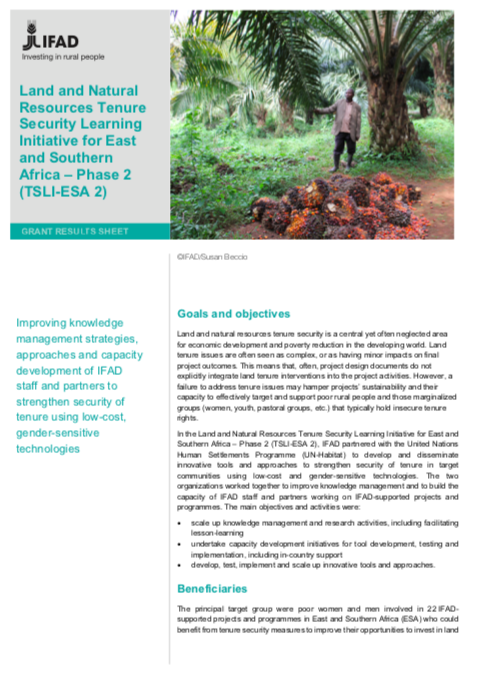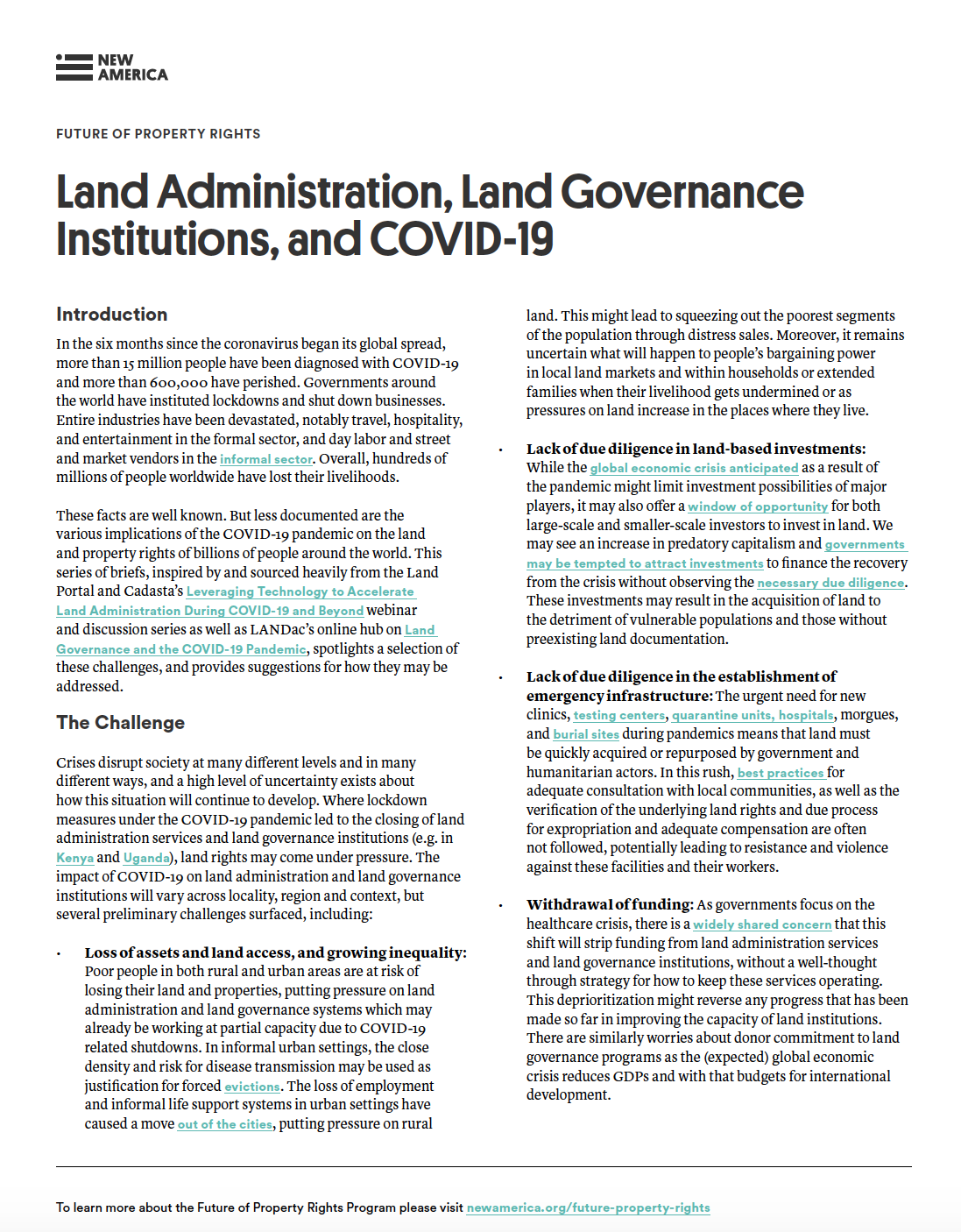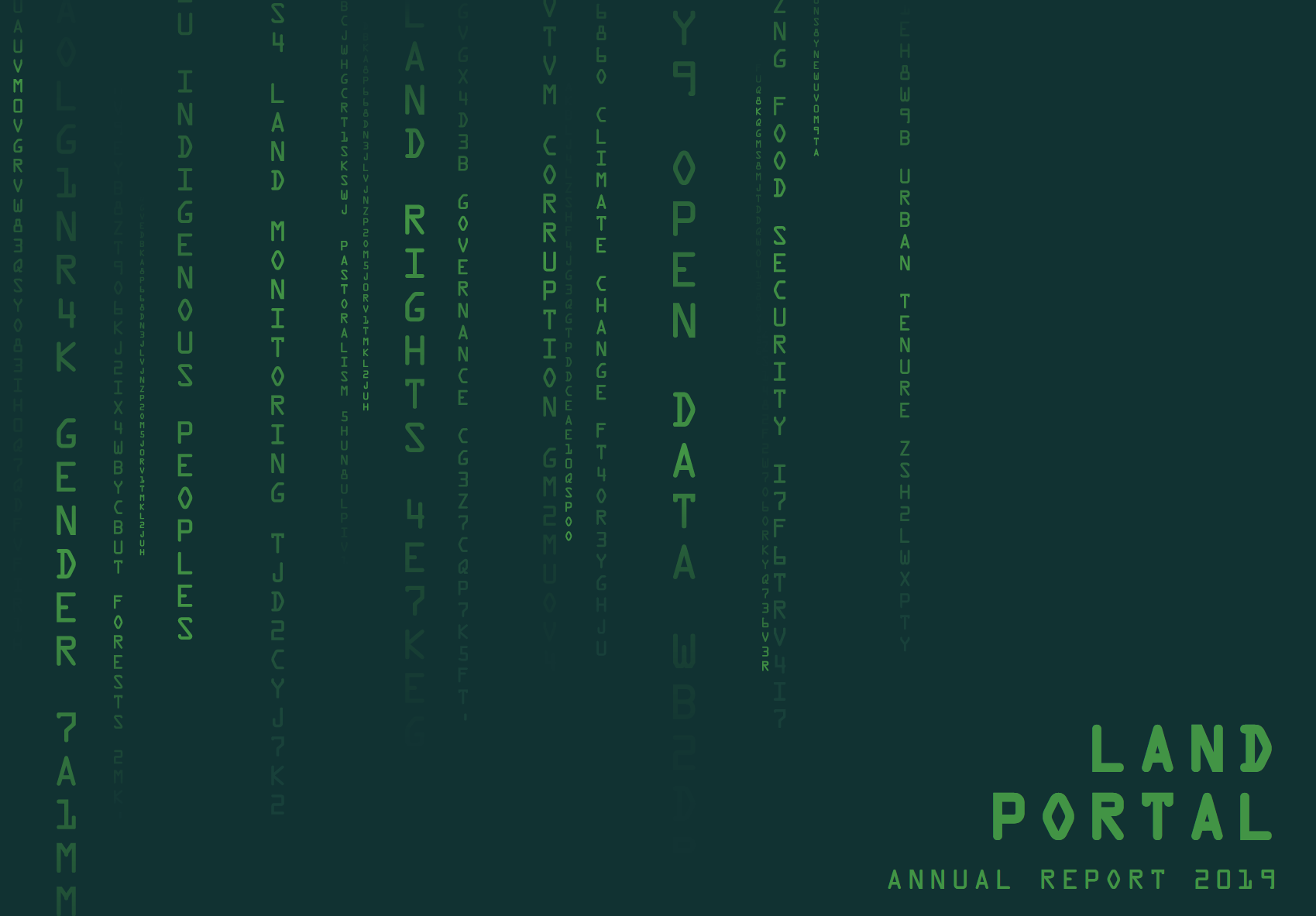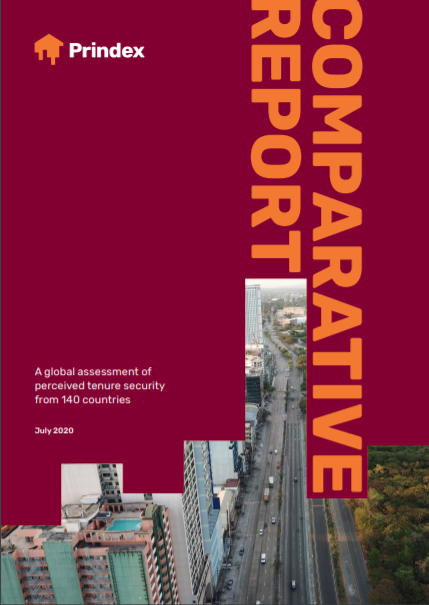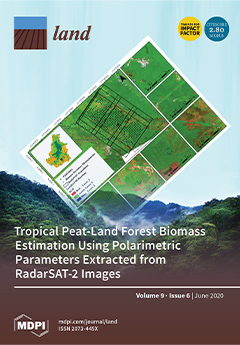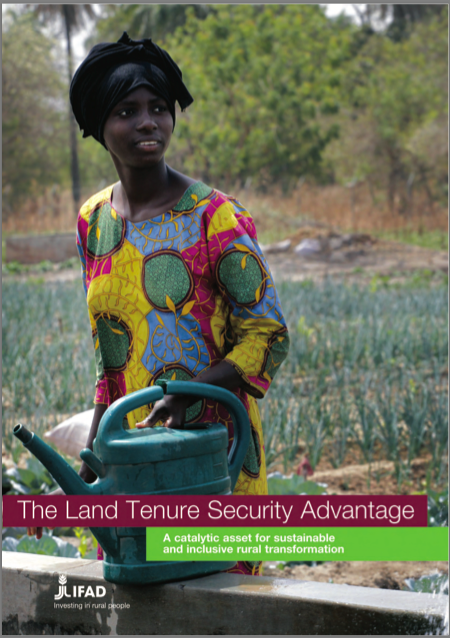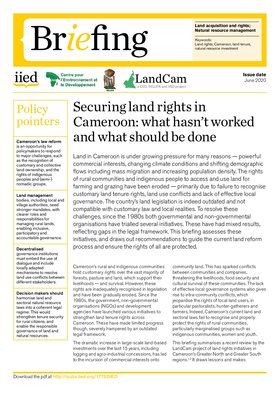State of land information in South Africa
The report is based on a collaboration between the Council for Scientific and Industrial Research (CSIR) in South Africa and the Land Portal Foundation, in collaboration with local partners, in individual countries. It is based on a wide-ranging survey of sources of land information in South Africa, conducted by the CSIR, ‘Sources of Land Information in South Africa and their Institutional Context’, published as a companion document.

